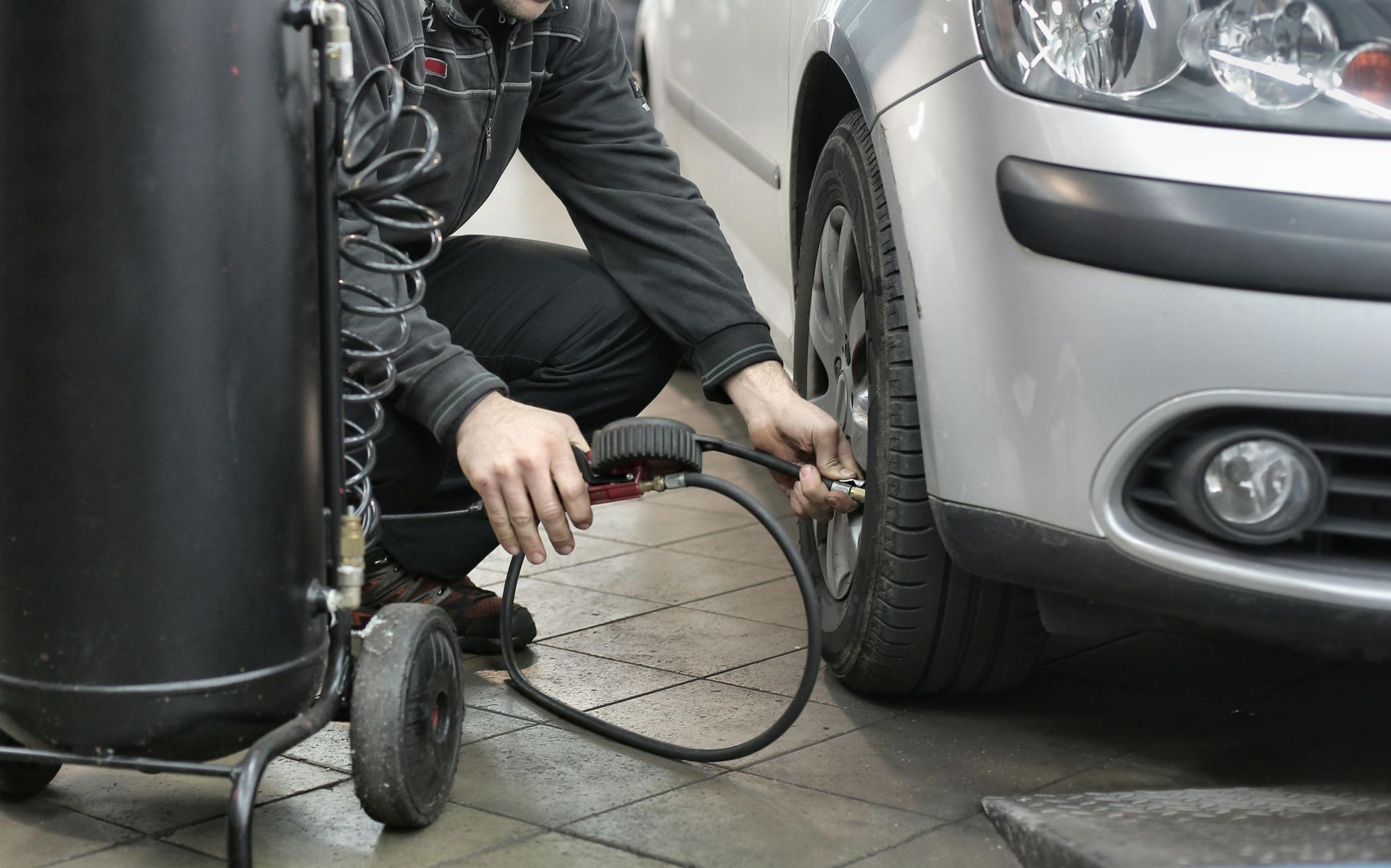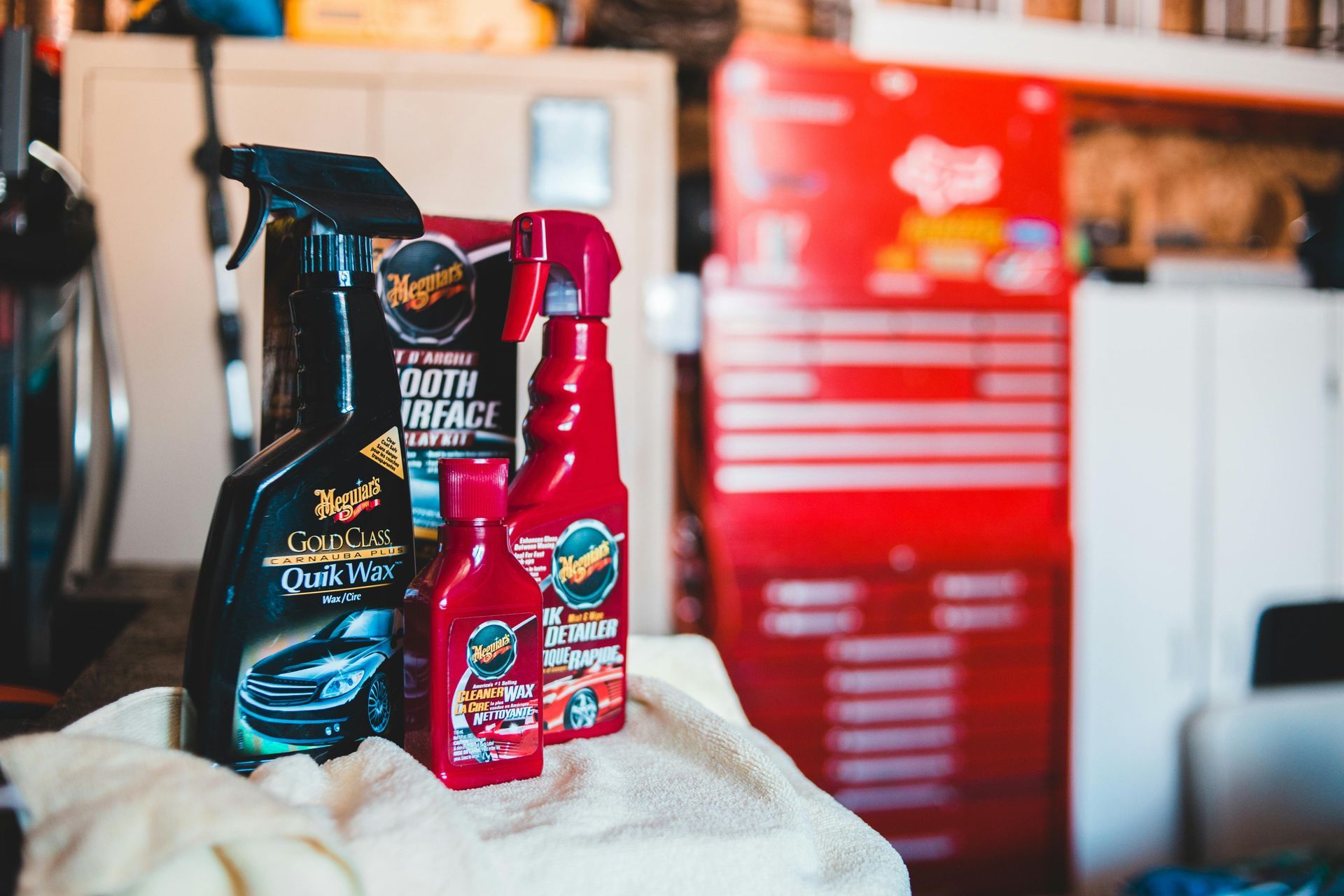Why is my vehicle not blowing hot air?
Why does my vehicle have no hot air?
As the colder months roll in, there’s nothing worse than turning on your vehicle's heater, only to feel cold air blowing instead of the warmth you need. If your vehicle isn’t blowing hot air, it could be a sign of an issue with your heating system. There are several reasons why your car’s heating system may not be working correctly. In this blog, we’ll explore some of the most common causes of a malfunctioning heater and what you can do to fix it.
1. Low Coolant Levels
One of the most common reasons for a car heater not blowing hot air is low coolant levels. The engine’s coolant (antifreeze) is responsible for transferring heat from the engine to the heater core, which then distributes warm air into your vehicle. If the coolant level is low, your heater won’t have enough fluid to warm up the air. You can check the coolant level by looking at the overflow tank under the hood. If it’s low, you’ll need to add more coolant to your vehicle, but be sure to also check for potential leaks that could be causing the loss of fluid.
2. Faulty Thermostat
The thermostat regulates the engine's temperature by controlling the flow of coolant. If the thermostat is stuck open, the engine may not reach the optimal temperature to heat the coolant, resulting in cold air blowing through the vents. In this case, replacing the faulty thermostat is necessary to restore proper heating.
3. Clogged or Leaking Heater Core
The heater core plays a vital role in your vehicle’s heating system. It is responsible for circulating the warm coolant to produce heat inside the cabin. If the heater core is clogged or leaking, it won’t be able to transfer heat effectively. Signs of a faulty heater core include foggy windows, a sweet smell inside the vehicle, or coolant leakage inside the cabin. A heater core issue often requires professional repair or replacement.
4. Malfunctioning Heater Blower Motor
The blower motor is responsible for pushing warm air from the heater core through the vents. If the blower motor isn’t working properly, you may feel little to no airflow inside the cabin. A malfunctioning blower motor could be due to a blown fuse, electrical issue, or motor failure. This problem will require a diagnosis from a technician and possible replacement of the blower motor.
5. Air Trapped in the Cooling System
Air pockets in the cooling system can prevent the proper circulation of coolant, leading to a lack of heat. If air becomes trapped, it can block the heater core and result in cold air coming from your vents. A coolant system flush can remove air pockets and restore proper heating functionality.
6. Blown Heater Control Valve
The heater control valve regulates the flow of coolant into the heater core. If this valve is stuck closed or malfunctioning, it will prevent the coolant from reaching the heater core, leaving you with cold air. The heater control valve can wear out over time and may need to be replaced to resolve the issue.
What Should You Do If Your Heater Stops Blowing Hot Air?
If your vehicle isn’t blowing hot air, it’s important to address the problem as soon as possible. Driving in cold weather without proper heating is not only uncomfortable, but it can also indicate a deeper issue with your vehicle’s cooling system. Ignoring these problems could lead to more costly repairs down the road, such as engine overheating.
At Bob's Main Street Auto & Towing, our certified technicians can diagnose and repair heating system issues to ensure your car stays warm and reliable all winter long. Whether you need a thermostat replacement, heater core repair, or a simple coolant top-off, we’ve got you covered.
Don’t wait until it’s freezing to get your heater fixed. Contact us today at any three of our locations to schedule an inspection or visit one of our locations for expert auto repair services.
1200 N Main Street | West Bend, WI 53090 | 262-310-7114
115 W Decorah Road | West Bend, WI 53095 | 262-335-2277
1285 Morgan Drive | Hubertus, WI 53033 | 262-628-2806
Follow us on our social media to stay up to date on what Bob's Main Street Auto & Towing is up to!












